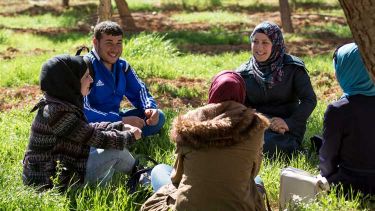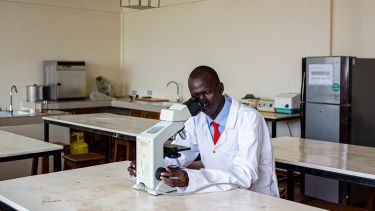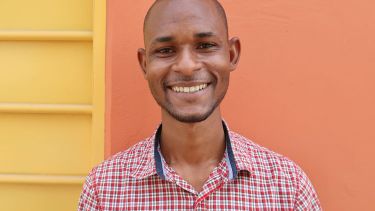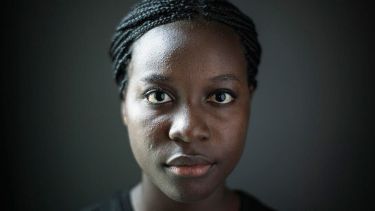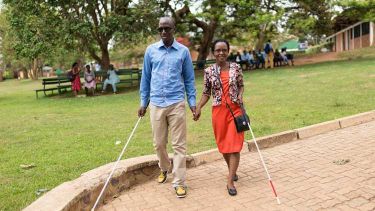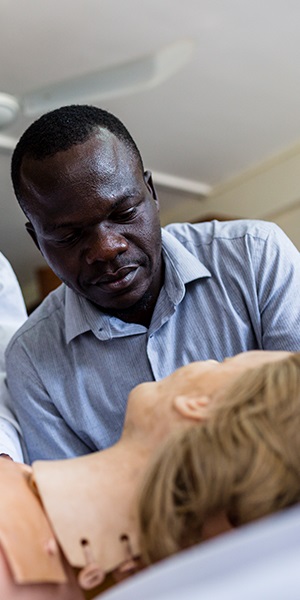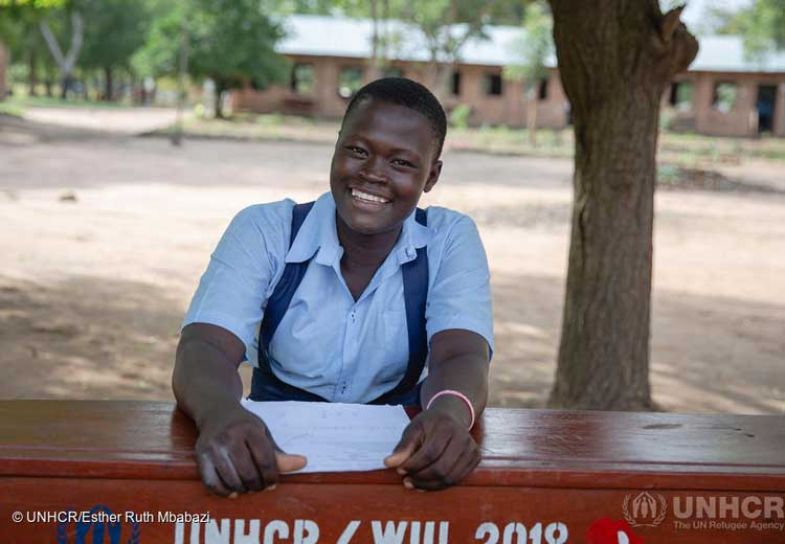
Joyce Ayazou, 18, is originally from South Sudan. She has lived in a refugee settlement in Uganda since 2008 and now, nearly finished with secondary school, she is not sure what to do next. Although Joyce would like to study a medical subject (both biology and maths are strong subjects for her at school), without the ability to pay for high university education costs, Joyce is unlikely to be able to continue her education.
Joyce is one of thousands of refugee students around the world who is at the crucial age to start university but without the means to do so. Despite the talent and willingness to study, refugees face a number of particular challenges that make it harder than ever to access higher education. Displacement means that sometimes courses are unavailable to refugees, or involve higher tuition costs, and classes are often taught in languages that refugees do not speak. Refugees may be in locations far from universities, economic pressures require them to earn rather than learn and higher ed for women is especially deprioritised.
But without higher education, refugees like Joyce are deprived of opportunities. Joyce is acutely aware of the frequent illnesses amongst people in her community and dreams of bringing healthcare to South Sudan, but she is confused about her options. Higher education helps build the leaders, thinkers, makers of tomorrow – young refugees with the scientific, cultural, social and political leadership to transform not only their lives, but the lives of entire communities around them. It is the surest road to recovering a sense of purpose and dignity after the trauma of displacement.
Even before the coronavirus pandemic struck, only 3 per cent of young refugees were enrolled in some form of higher education compared to the global average of 37 per cent – whether that be university, college, technical and vocational education and training, or online and distance learning. To tackle this, UNHCR – the UN Refugee Agency has launched a global crowdfunding campaign to help get more scholars into higher education and over the next ten years to raise refugee enrolment in tertiary programmes to 15 per cent globally.
Through a competitive selection process, UNHCR awards higher education scholarships to young refugees who have the skills and character to complete a degree programme but who would not otherwise have access to it. The scholarships support refugees with costs such as tuition, books, transport and food and accommodation – making it possible for these students to attend higher education in their countries of asylum. UNHCR also monitors their progress and preparation at school, provides preparatory and language courses, and gives scholars psychosocial support if needed.
The results for individual refugees have been enormous. One Syrian refugee, Ala’a, who was studying for a degree in media and journalism at Damascus University had her studies interrupted by the war when her family fled to Jordan. “Here in Jordan, I spent two years with no access to formal education. I can’t even start to describe how I felt when I received the scholarship,” she says.
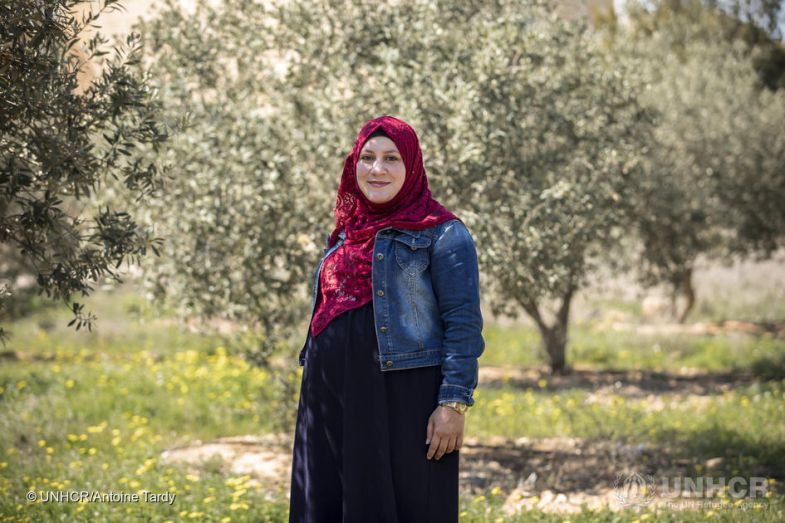
But UNHCR’s scholarship programme is heavily underfunded – with an additional $19 million needed to reach the projected goals of 2025. As a result, although many young refugees are eligible for financial support and desperate to take their learning to the highest levels, limited resources mean that only a few can be selected.
UNHCR is now calling on academic institutions to join them and help raise this additional capital. If every refugee who wanted to was able to receive a degree – universities would benefit from strong voices, a diverse talent pool and incredible learning for non-refugee students on the issues that cause displacement. Together with UNHCR, academics can help raise the global enrolment rate and develop the leaders of tomorrow, building a powerful network of alumni scholars able to contribute to society.
Refugees have the motivation, talent and the lived experience to uniquely contribute to the betterment of refugee communities – what they lack are the opportunities to do so. As Ala’a has said, “We are achievers. This is the by-product of our difficult life. It gives us extra motivation.”
If your institution is interested in running a crowdfunder for refugee scholars, get in touch with Paula Holloway at holloway@unhcr.org for more information.

